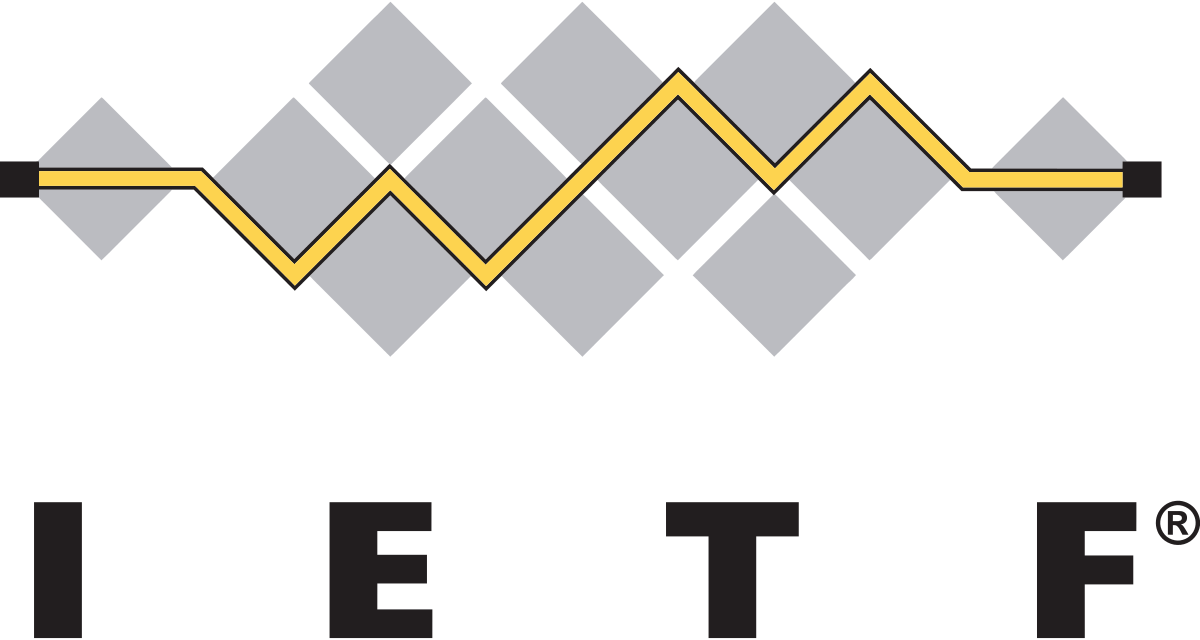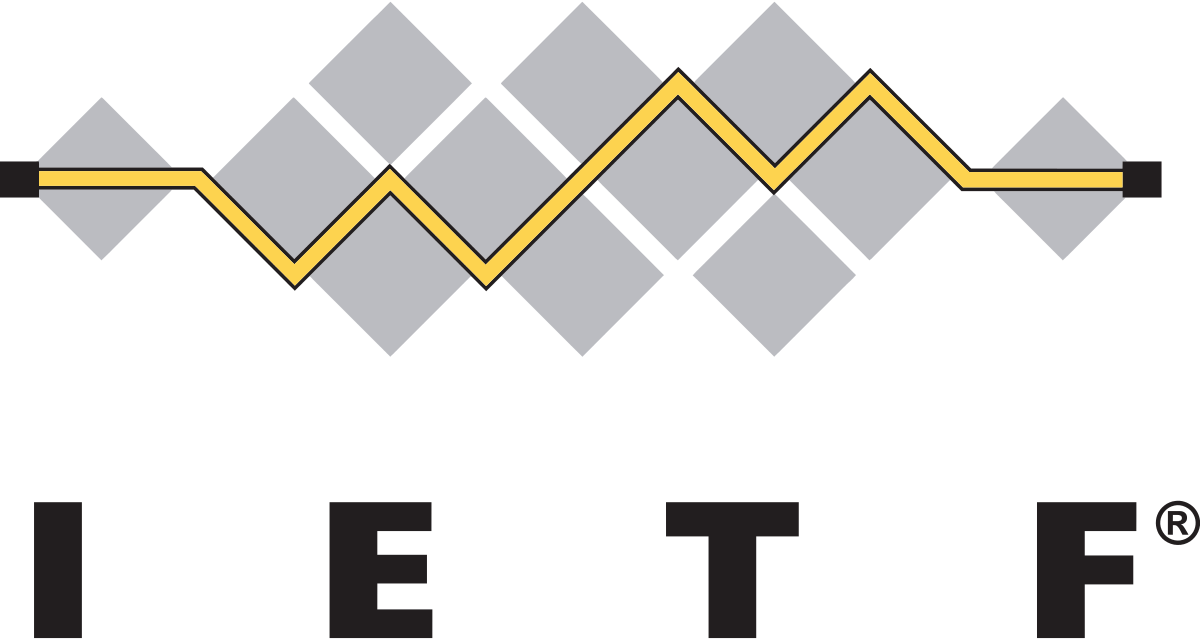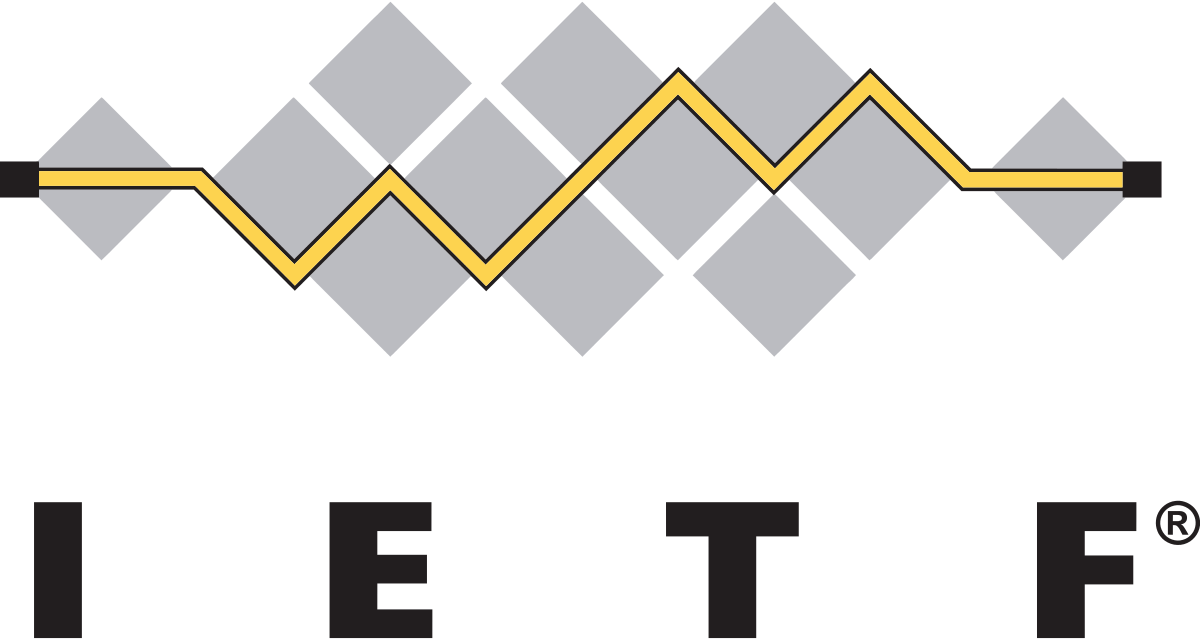OASIS Code List Representation TC
While code lists have been used for many years, and their representations for the purposes of being validated are features of a number of constraint languages, there does not exist any standardized representation whose purposes address their interchange, documentation and management for use in any processing context. The purpose of the TC is to produce an XML interchange format for code lists. The format will support actual codes (including alternative codes and composite multi-part codes) and arbitrary related information for each code suitable for documentation and management. The format will also support the automated generation of derived code lists by providing an unambiguous specification of how a set of input code lists can be transformed into an output code list.
The scope of the TC is to produce a set of requirements, a W3C XML Schema, a UML model, documentation, and test examples (particularly to support the code list derivation functionality) initially based on an initial contribution to the committee, and then subsequently on evolving requirements. The creation of software to implement the work of the TC is out of scope.











